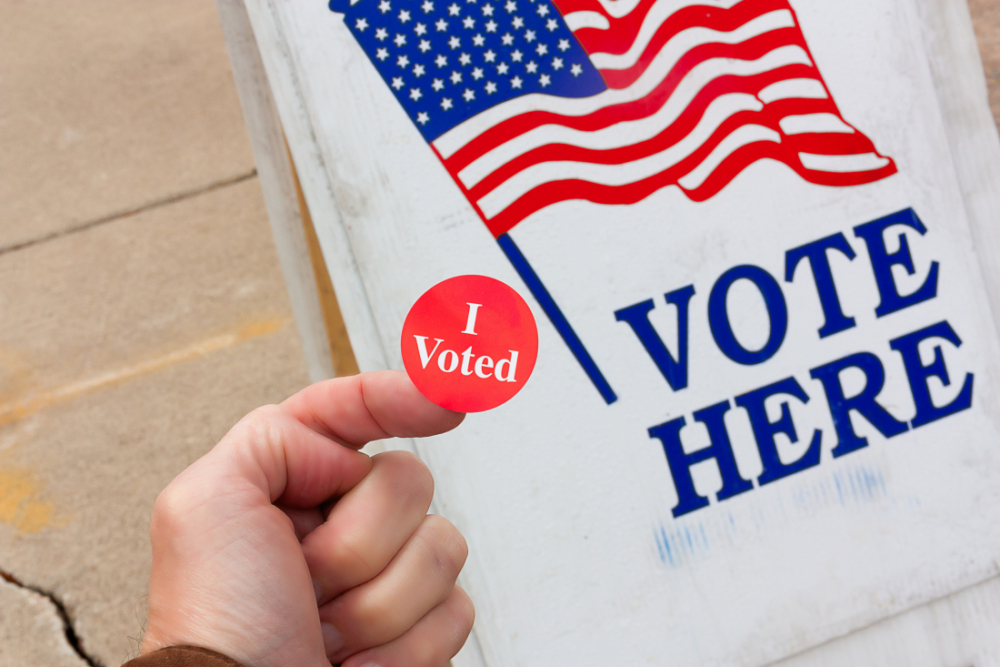Tony Shaffer: New Report Highlights Urgent Need to Replace SC Voting System
South Carolina can get a better, more secure system at a lower cost to taxpayers …
by TONY SHAFFER ||The U.S. Department of Homeland Security (DHS) and Federal Bureau of Investigation
